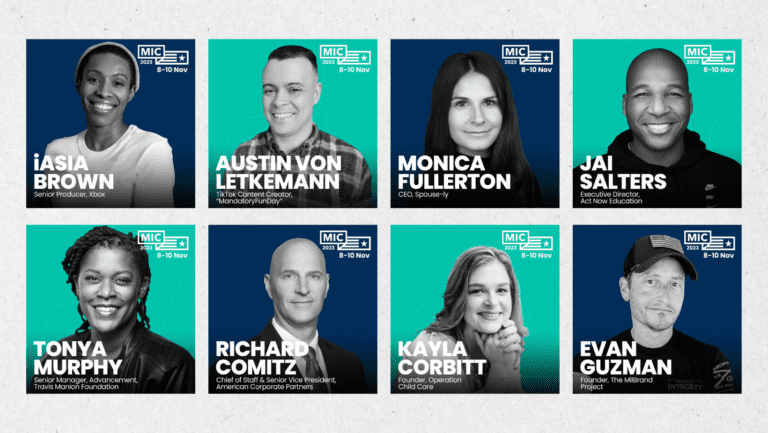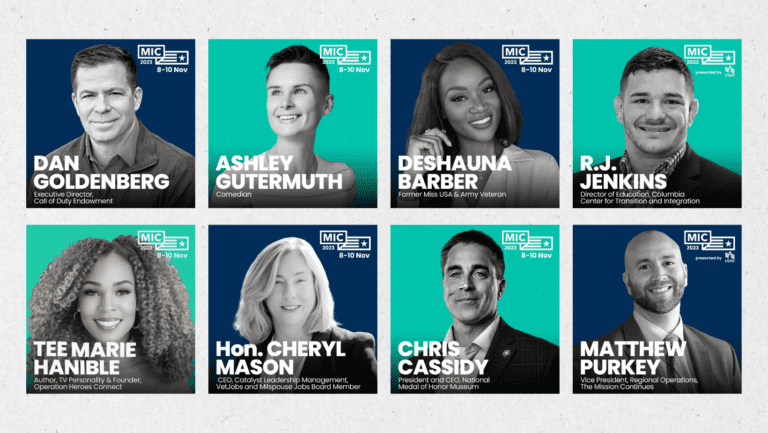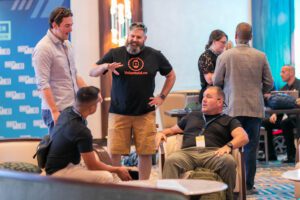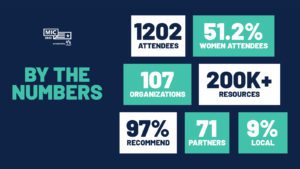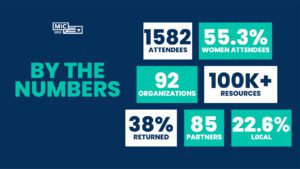
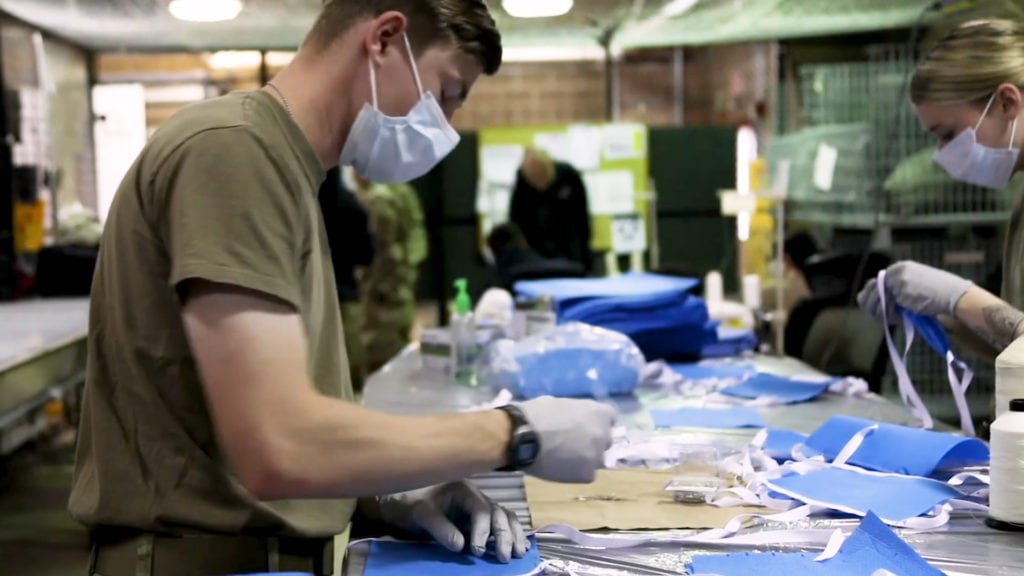
3 organizations thriving in the midst of COVID-19
- by
That’s according to recent surveys conducted by public relations firms Edelman and Porter Novelli showing people tend to trust brands that value safety and public interest above their own financial gain, even as millions of American businesses face uncertain futures in the wake of COVID-19.
It’s no wonder, then, that some military nonprofits have continued to thrive during the pandemic; social impact has been their purpose all along.
1. Kids Rank
Kids Rank, an Illinois nonprofit focused on building resiliency and community for military children, has been delivering secret agent-themed summer camp activities in boxes for kids to participate virtually from home this year — encrypted messages, disguises and all.
“The goal of this virtual programming idea was always on our list, but we hadn’t ever really thought practically about how we were going to do that, and COVID has really accelerated the process of us getting there,” said co-founder Kelcey Liverpool, a mother of two former military kids.
She said this move will enable them to serve more children, including those who have moved away or live in isolated areas.
The organization also offers extensive entrepreneurship training and other programs teaching practical skills. And while COVID-19 has forced the organization to rethink the way it delivers its content, Liverpool said they’ve remained successful by sticking to their core values, even when taking on other types of programming for military spouses or other groups may seem tempting.
“I think for me in terms of creating impact is not to stray too broad, where you kind of water down what your true mission is,” she said.
2. COVID-19 Military Support Initiative
Matt Borron, executive director of the Association of Defense Communities, called Blue Star Families CEO Kathy Roth-Douquet with an idea one day: They could team up to share information about support for the military community during the pandemic.
That resulted in the COVID-19 Military Support Initiative that provided a slew of online resources, including newsletters and virtual town hall meetings, on topics informed by Blue Star Families’ Pain Points Poll survey of military family members.
The initiative’s impact exceeded initial expectations with nearly 24,000 video views and 40,000 newsletter opens. Borron said he heard of some attendees who took action in their communities based on information they’d learned through CMSI.
Roth-Douquet attributes some of that success to how quickly the organizations moved on the idea. It launched just a few days after Borron’s initial phone call — before they had a plan for funding or had signed on any partners.
“We live in a fast, agile world and nonprofits have to be fast, agile, too, which means not sticking with your old plan and not needing a perfect plan before you launch,” she said.
The organizers are now moving into the second phase of the initiative to focus more on compiling data and research to present to lawmakers and Defense Department officials.
3. Vets Who Code
Vets Who Code trains veterans in programming through free, remote courses and helps them find jobs in the technology industry. Since its founding in 2014, more than 250 veterans in 37 states have gone through the program, earning a combined $17.6 million in salaries.
“Each one of those is a family — a man or woman who is putting food on the table for their families with a skill that they didn’t have when they left the military that they didn’t have to pay for,” said Jerome Hardaway, the organization’s founder. “That’s my social impact.”
Hardaway transitioned out of the Air Force during the Great Recession in 2009 and chose to pursue technology as a career because it seemed more stable than other industries. Now, he’s seeing a similar pattern.
“Our industry is the best industry to be in, and not only that, our nonprofit right now has never been hotter,” he said. “We’re pushing while everybody else is still trying to figure out how to pivot their programs. We haven’t changed a thing.”
And his best advice for other nonprofits? “Hire a CTO” — especially now.
Want to learn more about incorporating social impact into your company mission? Visit https://www.navso.org for resources on improving the effectiveness and efficiency of veteran services across the public and private sector.
YOU MAY ALSO LIKE
MIC Updates
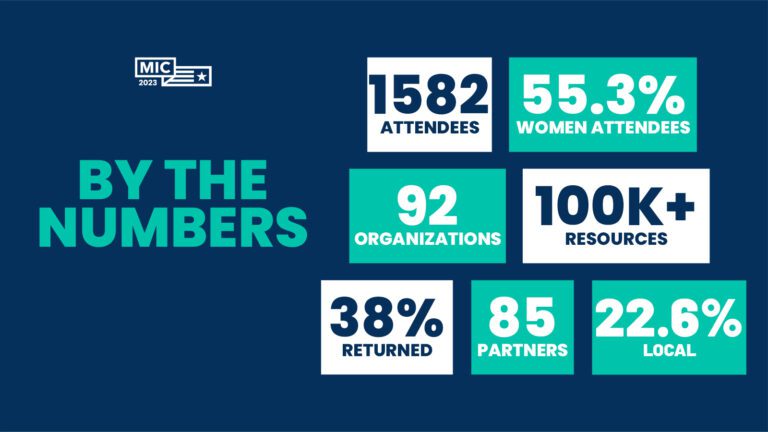
Behind The Numbers Of MIC 2023
